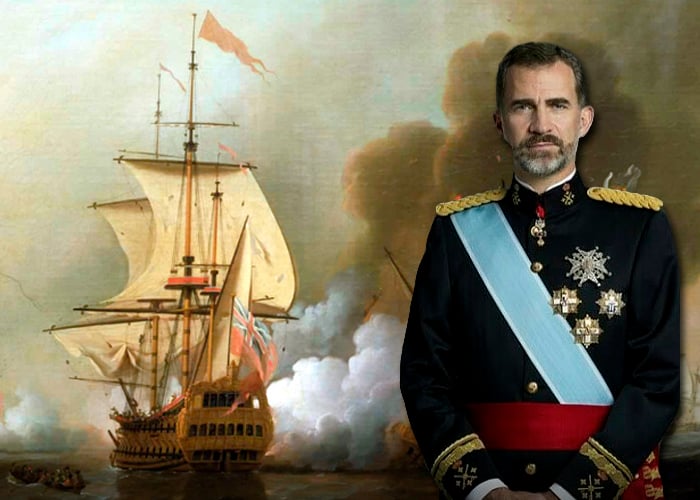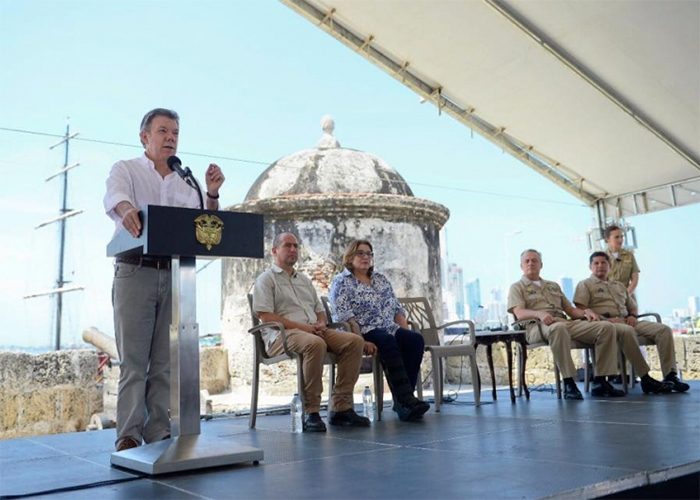Marine Archaeology Int.
Jr. Member
Xaos, I actually heard president Santos' announcement live yesterday. He referred to some new legal actions presented by Colombian citizens and institutions as the reason as to why the APP could not be completed in time before he leaves office. I know this was a personal priority for the president and that it must have been hard to abandon the granting of the final contract so close to the finish line. I guess that it become politically unsustainable to try to do so. The press has been all over this story and not always in the right way. You cannot simply trust the Spanish paper ABC. They have been the most vociferous critics of Colombian law. In their editorial mind, all these shipwrecks are still Spaniard and should not been intervene.
Compensation by weight is correct in the case of the SJ APP proposal. If you think about it, it solves many problems. Historical value, and its appraisal's complications, can be avoided. There is a scale. The contractor received a certain amount of treasure until some point measured in millions of dollars (45%), and then it goes down from there. There are total of three categories if I recall correctly: 45, 30 and 10%. Since what is taken into consideration is the metal value and not the historical or numismatic one, it becomes easier to do (as well as easier to sell politically since the overall amounts look cheaper than what they are really worth).
Compensation by weight is correct in the case of the SJ APP proposal. If you think about it, it solves many problems. Historical value, and its appraisal's complications, can be avoided. There is a scale. The contractor received a certain amount of treasure until some point measured in millions of dollars (45%), and then it goes down from there. There are total of three categories if I recall correctly: 45, 30 and 10%. Since what is taken into consideration is the metal value and not the historical or numismatic one, it becomes easier to do (as well as easier to sell politically since the overall amounts look cheaper than what they are really worth).






